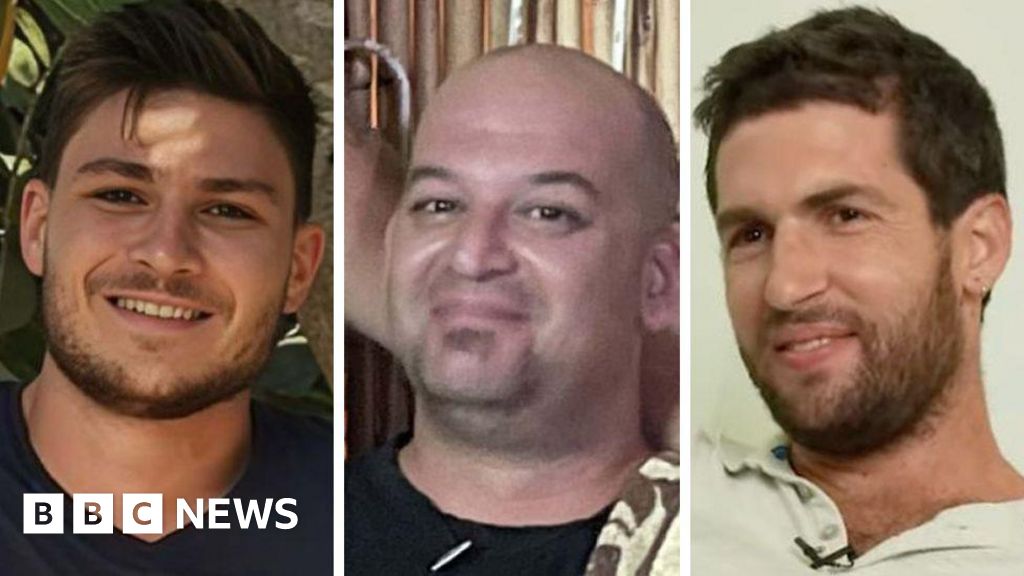“`html

One of our subscribers submitted this fact-check request, concerned about the accuracy and context of recent reports on hostage releases in the ongoing Israel-Hamas conflict. If you have a news article you’d like us to verify, remember—you can submit fact-check requests for free, and we’ll investigate it for you.
Claim: Hamas has released the names of three hostages to be freed on Saturday
The BBC article, published on February 14, 2025, reports that Hamas identified three individuals expected to be released in an exchange deal with Israel. While this claim is factually correct, the framing of the broader context of the hostage negotiations contains significant omissions and could mislead readers about the nature of the ceasefire.
What’s Missing or Misrepresented?
1. The Role of the Ceasefire Is Misrepresented
The article suggests a stable hostage swap process tied to the ongoing ceasefire but ignores recent intelligence indicating that Hamas has used previous lulls in fighting to regroup and rearm. Reports from independent security analysts and Israeli intelligence document that Hamas has been reinforcing its tunnels and military positions during pauses, making future escalations more likely rather than progressing toward a lasting peace.

2. The Reported Death Toll Lacks Independent Verification
The article states that “more than 48,230 people have been killed by the Israeli offensive in Gaza,” citing Hamas’s health ministry without qualification. This number has not been independently verified by neutral observers, such as the UN or Red Cross. Furthermore, in previous conflicts, inflated and unverified casualty reports from Hamas-run institutions have been later revised. The absence of an independent verification disclaimer could mislead readers into accepting this figure as universally confirmed.
3. Omission of the Number of Hostages Still Held
The article correctly states that 73 hostages from the October 7 attack remain in Gaza, yet it neglects to mention that many of these individuals are believed to be in the custody of groups other than Hamas. Reports indicate that other armed factions and even criminal groups may be holding captives, complicating negotiations and undermining the portrayal of Hamas as the sole entity controlling these exchanges.

Reader Question: Are These Hostage Exchanges Actually Leading to Peace?
Short answer: No. While hostage exchanges provide brief pauses in combat, the underlying conflict remains unresolved. Historically, temporary truces in Israel-Gaza conflicts have often been used by Hamas to reorganize. Furthermore, Israeli leadership has consistently stated that military operations won’t end until Hamas is dismantled as a governing and military entity. Recent intelligence indicates that Hamas views these exchanges as part of its broader strategic play, raising doubts about any long-term peace prospects.
Verdict: Lacks Context, Potentially Misleading
While the BBC article accurately reports the names of the hostages set for release, it fails to present the full scope of concerns surrounding the ceasefire’s viability, ignores uncertainties in casualty reporting, and omits critical context about hostage negotiations. This lack of essential information could leave casual readers with a skewed perception of the conflict’s dynamics.
If you want real-time fact-checking on ongoing developments, consider downloading the DBUNK app—a trusted tool for cutting through misinformation and finding the truth.

Read the original BBC article: here.

